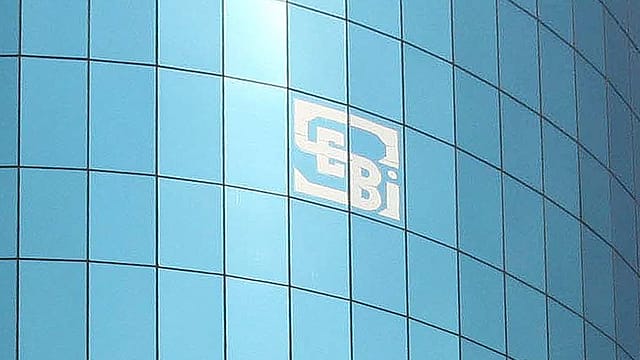Market infra institutions need to disclose shareholding patterns quarterly: SEBI
ADVERTISEMENT

What market institutions will have to do now?
Upon appointing a Designated Depository (DD), MIIs must provide comprehensive details about their paid-up equity share capital, including the number of shares, and report any changes to the DD on an End of Day (EoD) basis. Market Infrastructure Institutions (MIIs) are required to disclose their shareholding with category-wise details quarterly on their websites, with listed MIIs also displaying this information on the stock exchange where their shares are listed.
Further, the regulator will hold the designated depository responsible for monitoring the shareholding thresholds of 5% and 15%, as set under the securities and the depositories regulations. SEBI also mandates that trading members (TMs), along with their associates and agents, cannot hold more than 49% of the paid-up equity in any stock exchange. If these limits, or the 49% cap on foreign ownership, are breached, the DD will notify the MII and the relevant stock exchange, prompting necessary actions.
Furthermore, clearing corporations (CCs) must maintain at least 51% ownership by one or more recognized stock exchanges, while no single exchange can hold more than 15% in more than one CC.
All shareholders holding 2% or more of a MII’s equity must meet the "fit and proper" criteria. For listed MIIs, any excess shareholding beyond the specified limits must be divested through a special window provided by the stock exchange where the MII’s shares are listed. In the case of unlisted MIIs, SEBI will direct divestment on a case-by-case basis.
Under the new norms, the market regulator permits freezing voting rights and corporate benefits if there is a breach of the fit-and-proper criteria or shareholding limits in MIIs. In such cases, the Designated Depository (DD) will impose an ISIN-level freeze on the demat account for the excess shareholding and inform the MII and RTA (Registrar and Transfer Agent) to disable e-voting for the account holder on an End of Day (EoD) basis. The DD will also divert dividends from excess holdings to Investor Protection Funds (IPF) or Settlement Guarantee Funds (SGF).